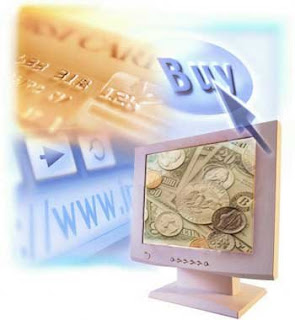
Electronic currency (also known as electronic money, digital money, digital money, digital or digital currency) refers to money or scrip which is exchanged only electrometrically. Typically, this involves use of computer networks, the internet and digital stored value systems. Example of electronic currency such as Electronic Funds Transfer ( EFT) and direct deposit also. It is a collective term for financial cryptography and technologies enabling it.
Digital money is a system of debits and credit, used to exchange value, within another system. Also sometimes the term electronic money is used to refer to the provider itself. A private currency may use gold to provide extra security, such as digital gold currency like e-gold and c-gold. Many systems will sell their electronic currency directly to the end user, such as Paypal and Wedmoney.
Advantages
Banks offer many services to the customer that transfer funds, contribute to their retirement plans and offer a variety of other services without having to handle physical cash or checks. Customers do not have to wait in lines and this provides a lower-hassle environment.
Debit cards and online bill payments allow immediate transfer of funds from an individual’s personal account to a business’s account without any actual paper transfer of money. This offers a great convenience to many people and businesses alike.
Disadvantages
Although many benefit to electronic currency, there are also many disadvantages. Three include fraud, failure of technology, possible tracking of individuals and loss of human interaction.
Fraud over digital cash has been a pressing issue in recent years. Hacking into bank account and illegal retrieval of banking records has led to a widespread invasion of privacy and has promoted identity theft.
Future evolution
Furthering network evolution in terms of digital cash development, a company names Digi-Cash is at the focus of creating an e-cash system that would allow issuers to sell electronic coins at some value. When they are purchased they come under someone’s own name and are stored on his computer or under his online identity. At all times, the e-cash is linked to the e-cash company and all transactions go through it, so the e-cash company secures anything that is purchased. Only the company knows your information and will properly direct purchases to your location.





0 comments:
Post a Comment